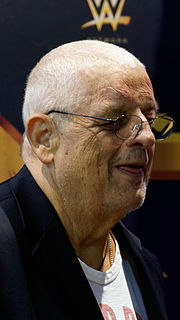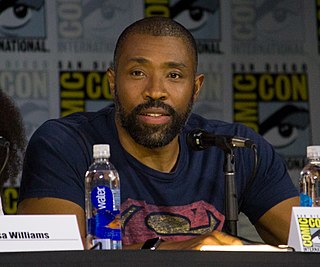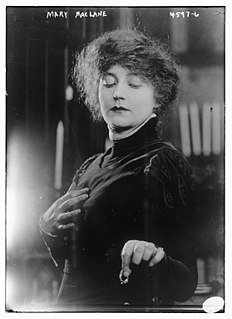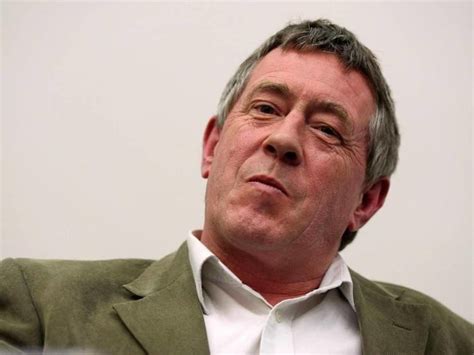A Quote by John Dryden
Virgil, above all poets, had a stock which I may call almost inexhaustible, of figurative, elegant, and sounding words.
Related Quotes
All the poets are indebted more or less to those who have gone before them; even Homer's originality has been questioned, and Virgil owes almost as much to Theocritus, in his Pastorals, as to Homer, in his Heroics; and if our own countryman, Milton, has soared above both Homer and Virgil, it is because he has stolen some feathers from their wings.
Grace is in a great measure a natural gift; elegance implies cultivation; or something of more artificial character. A rustic, uneducated girl may be graceful, but an elegant woman must be accomplished and well trained. It is the same with things as with persons; we talk of a graceful tree, but of an elegant house or other building. Animals may be graceful, but they cannot be elegant. The movements of a kitten or a young fawn are full of grace; but to call them "elegant" animals would be absurd.
I come from theater, so I'm used to the hierarchy of an actor is just on the ladder, and above that is a director, and above that is a producer, and above that is a writer. But on a television show or film, the whole call sheet thing and being No. 1 on a call sheet, people look to you and almost expect you to exercise this power for good or bad.
Poets are the hierophants of an unapprehended inspiration; the mirrors of the gigantic shadows which futurity casts upon the present; the words which express what they understand not; the trumpets which sing to battle, and feel not what they inspire; the influence which is moved not, but moves. Poets are the unacknowledged legislators of the world.
We must take our sentences seriously, which means we must understand them philosophically, and the odd thing is that the few who do, who take them with utter sober seriousness, the utter sober seriousness of right-wing parsons and political saviors, the owners of Pomeranians, are the liars who want to be believed, the novelists and poets, who know that the creatures they imagine have no other being than the sounding syllables which the reader will speak into his own weary and distracted head. There are no magic words. To say the words is magical enough.
Deep in the forest a call was sounding, and as often as he heard this call, mysteriously thrilling and luring, he felt compelled to turn his back upon the fire and the beaten earth around it, and to plunge into the forest, and on and on, he knew not where or why; nor did he wonder where or why, the call sounding imperiously, deep in the forest.
Let us enquire. Who, then, shall challenge the words? Why are they challenged. And by whom? By those who call themselves the guardians of morality, and who are the constituted guardians of religion. Enquiry, it seems, suits not them. They have drawn the line, beyond which human reason shall not pass -- above which human virtue shall not aspire! All that is without their faith or above their rule, is immorality, is atheism, is -- I know not what.
I was always embarresed by the words 'sacred,' 'glorious,' and 'sacrifice' and the expression 'in vain.' We had heard them, sometimes standing in the rain almost out of earshot, so that only the shouted words came through, and had read them on proclamations that were slapped up by billposters over other proclamations, now for a long time, and I had seen nothing sacred, and the things that were glorious had no glory and the sacrifices were like the stock yards at Chicago if nothing was done with the meat except to bury it.
Nearly all men and women are poetical, to some extent, but very few can be called poets. There are great poets, small poets, and men and women who make verses. But all are not poets, nor even good versifiers. Poetasters are plentiful, but real poets are rare. Education can not make a poet, though it may polish and develop one.







































